Staying healthy on safari is especially important because it allows you to fully enjoy the big and small moments of your Uganda safari. As you prepare for you adventure, this article will help you do your part in staying healthy and enjoying your safari.
While on your Safari in Uganda, you get to enjoy a lot of adventure, first times, discoveries and even pushing yourself. All that fun can be ruined if your health becomes an issue.
In this article, we’ll take a look at the things you can do to stay healthy while on a Uganda Safari. These tips will generally apply – even if you are handling your own travel. For very specific tips that address your own fears, feel free to contact us. Just send us a quick email via the contact form on the website.
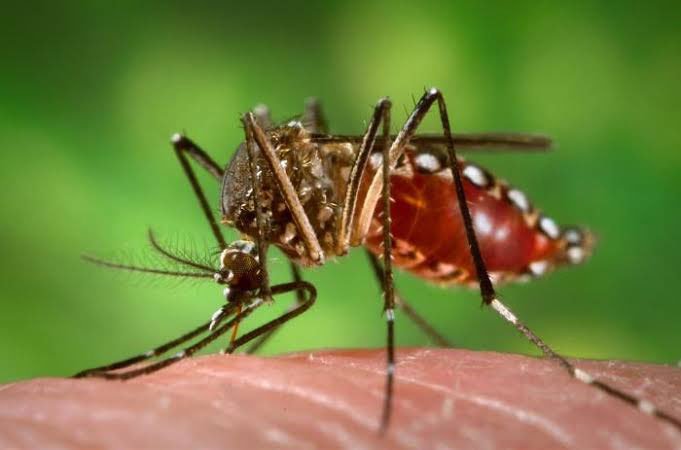
One very important thing to note is consulting with your doctor. We hope that you can take this advice and supplement it with the professional advice of your doctor. This is because we all have different health conditions and professional opinions are very important.
Here is what you should do to stay healthy on a Ugandan Safari tour.
Staying healthy on safari in Uganda
1. Buy travel insurance
Life is unpredictable, you can’t be certain when travel insurance will literally save your life. Emergencies may arise that require you to seek immediate medical attention from our Ugandan private hospitals.
This will help you avoid any unnecessary expenses on the trip in case of any hospital checkups and visits. Most times people get lost in hotel bookings and organizing itineraries and forget the most important thing; health and Safety.
This is a great back up plan for any unforeseen health obstacles. And of course, like any insurance, you never want to use it but it gives you peace of mind knowing that you are covered.
2. Yellow fever vaccination
Yellow fever is one of the diseases that have no cure. It can only be prevented by vaccination.
Uganda, like many other countries which lie in the tropics, is susceptible to yellow fever outbreaks. Given that it has no cure and can spread fast, you are required to get the vaccination. Here is our article about yellow fever that explains how dangerous it is and why it is very important for everyone to get vaccinated.
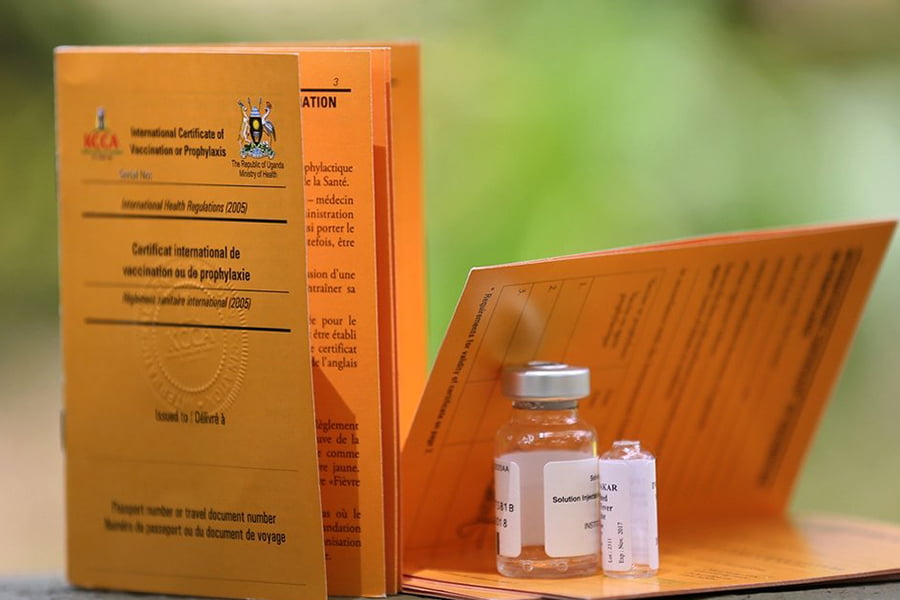
The wilderness of the forests and bushes is a habitat for lots of mosquitoes some of which might carry yellow fever. Since these places are frequented by travelers from all over the globe, all precautions must be strictly observed.
Be advised that your yellow fever certificate is valid 10 days after you have received your vaccination. It is given as a single shot that lasts a lifetime so if you have ever taken a shot, there is no need to do that again.
As you plan your next trip to Uganda, please take precaution and protect yourself against yellow fever.
3. Drink bottled water
Tap water in Uganda has not treated in a way that is safe for your drinking. It is safe for all the other things such as showering, washing and any sort of cleaning.
Uganda’s warm climate means that you will need to hydrate several times each day. If you are touring on your own, remember to buy bottled water and carry it with you. If you are touring with us, the water is provided and chilled in the car and so you don’t have to worry about it.
Endeavor to have enough drinking water bottles with you at all times while taking community walks, trekking, mountain biking, and game drives. There are a lot of places to purchase bottled water in retail shops and supermarkets.
The most trusted and used brand is the Rwenzori Mineral water but there are other equally great options like Highland, Aqua Sipi and Hill water.
As the water is packed in plastic bottles, do take great care not to poorly dispose of them. It is bad for the environment. If the bottle empties out while on the road, just keep it until you reach the hotel. They will take care of it for you.
4. Open water bodies
Uganda has quite a number of open water bodies that will tempt you to dive and take a swim. Prior information on the safety of these spots is very important.
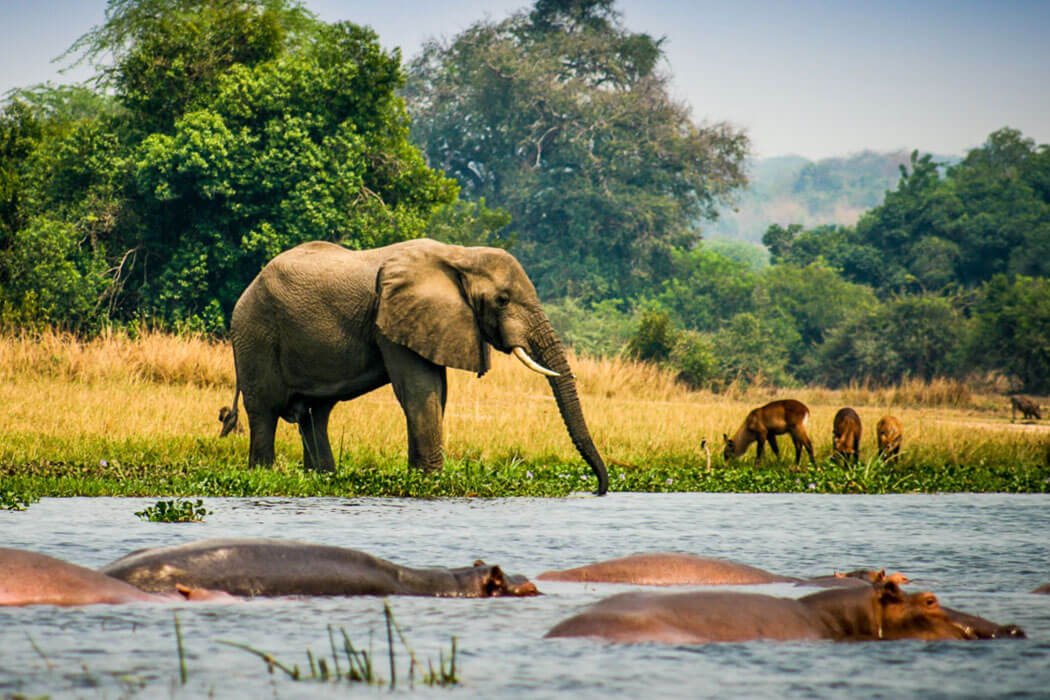
Not all lakes and rivers have fresh waters safe for swimming. Places like the River Nile along Murchison Falls National Park aren’t safe for swimming be it day or night. The banks are home for crocodiles and hippos. Lake Victoria is also not safe, and one could risk a Bilharzia infection.
Places like Lake Bunyonyi are blessed with disease-free fresh waters ready for swimming at all times. This is why it is important to ask about the ‘condition’ of the lake or river before taking a dip.
However, not to worry, in some lodging areas near the parks are swimming pools for a familiar option. You do not have to stress about getting tangled with crocs or catching any water-borne diseases to spoil your vacation.
If you specifically need a lodge with a pool, just tell us to organise that for you.
5. Respect the animals
As your tour guide will explain in detail, you are required to stay a good safe distance from the wild animals that you have come to see. Yes, they are in Parks and have overtime grown accustomed to the sight of strangers in metal boxes invading their territories. However, you are still visitors and need to respect their privacy.
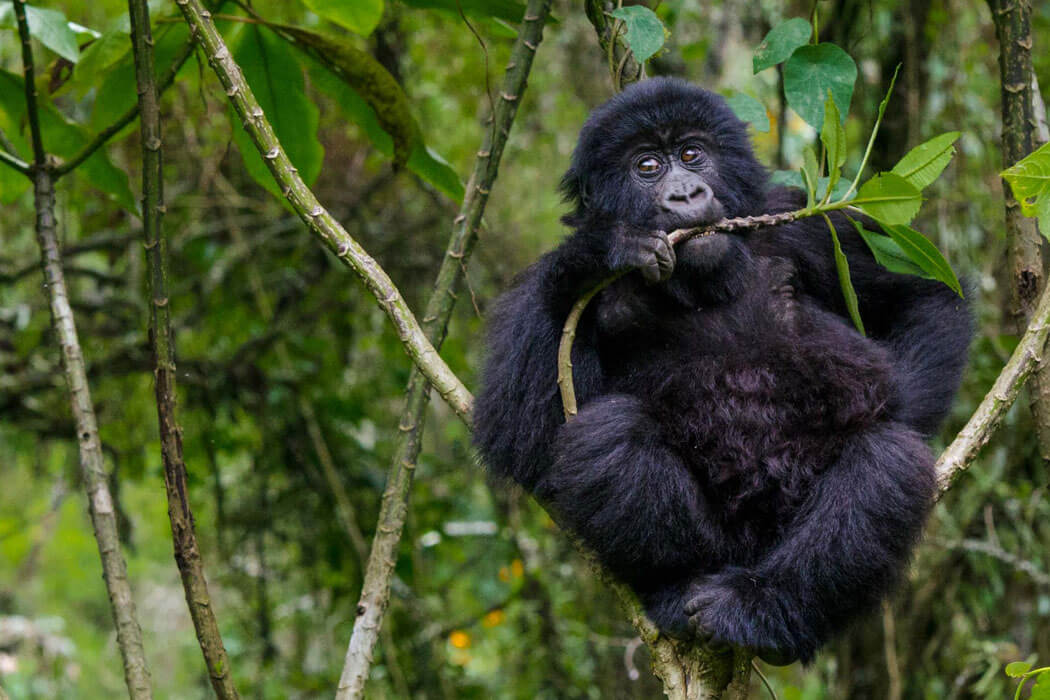
In most parks, you will be cautioned about this. For example in Bwindi Impenetrable National park, with the Gorilla families. You have to stay about 20 feet away from the gorillas and if they come close to you, to stay quiet, still and try not to react in any way that would set them off and put your life in danger.
Photography is a key part of your vacation, however, in the wild, you will also be cautioned against flash photography be it night or early morning hours. Normally the whole experience of going into the wild is to watch animals in their most natural state.
Flash photography could set them off, interrupting their cycle or even turning them violent towards the source of the unwanted interruption. So, it is safer to stay away from flash photography.
6. Packing correctly
Packing correctly is one of the hardest things especially when going to an entirely new and very different country. You either pack too much, not enough or nothing remotely helpful.
In Ugandan rain forests, you will have to dress for comfort but most importantly protection. The forests are infested by lots of bugs and insects, do not forget to carry long stockings to tuck into your trousers and a rain jacket.
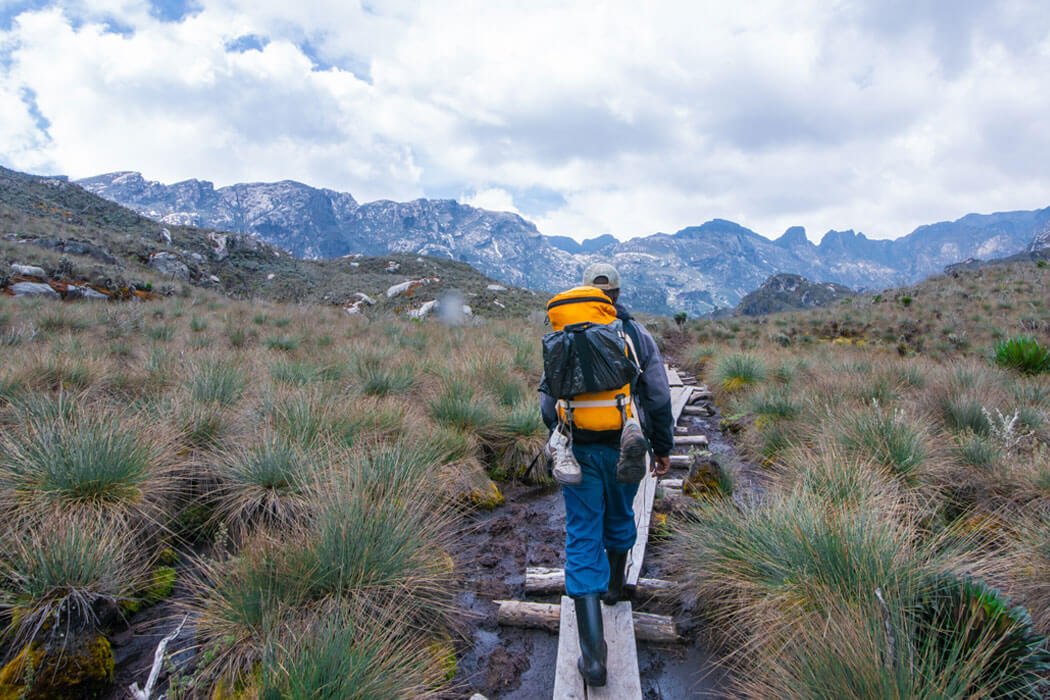
The wild might not be the best place to show some skin. No skin is actually better. Bugs, insects, mosquitos and sunburn complement the beauty of the wild. Protecting yourself whilst still having the adventure of the lifetime is key in your planning.
What you should pack depends so much on what activities you will take part in. Mountain climbing packing lists are very different from those of tracking gorillas or wildlife game drives. The packing lists might even include a few more items if you are a lady.
Depending on your trip, our safari experts will advise you on what exactly you should carry (and how much of it). Take a look at some of our itineraries to get a good idea of how most Uganda safaris ‘flow’.
7. Food
Restaurants, hotels and lodging areas in Uganda have improved rather drastically in the past recent years, welcoming and embracing exotic international cuisines and vegetarian dishes. This has mostly been because of the fast-growing tourism industry.

You can use this opportunity to try out our Ugandan traditional dishes and delicacies that are sold in all food establishments. Refrain from eating any roadside foods or if you must, seek guidance from your tour guide.
We recommend trying the local Ugandan fruits like mangoes, pineapples, watermelon and the like. The rich oraginc natural taste will always be a reminder that you are in the pearl of Africa.
Most important to remember is your dietary restrictions and food allergies. It is important to communicate these ones very early so that the accommodation is well prepared to give you the right food.
8. First aid kit
In the wild, mini accidents are bound to happen here and there. A first aid kit comes in handy for those minor injuries from the fall on the bike or catches a cold. Our tour guides normally have kits in case of any emergencies, but it is safe to carry your own.
Be sure to include anti-diarrhoea and anti-malarial medication and Vitamins. For those of you that are already under specific doctor prescribed medications, ensure to not leave those behind for it might be hard to get the same medications while you are deep in the jungle.
In addition to this, sunscreen is a necessary addition. The Sun can be strong on some days and possibly affect you if you are not used to this equatorial climate. Additionally, do not forget insect repellent. You are going to be spending a lot of time in the wild, trying out every interesting activity available thus exposing your skin to a lot of insects and bugs.
Other items include Plasters, Gauze, small scissors, surgical tape, pain relief medication, any antibacterial creams and bandages among others. Like insurance, this is something you don’t really want to use. It is however good to rest in the knowledge that a slight scratch from a thorny bush won’t ruin your entire trip.
9. What to avoid
Here are some few things to avoid. These might not exactly fit the health perspective but they are very closely related. You should try your best to avoid these things.
- Do not travel at night unless you have to or are with the company of someone very accustomed to the area you are visiting. You do not want to attract bad characters who might want to take advantage of you.
- Do not travel with boda-boda motorcycles. If you actually know a boda-boda person whom you trust then everything should be okay. Unknown boda-bodas can be risky especially in the night. The company of a friend or a guide will help you to move about without any problems. This same situation can also apply to shady car rentals. The safest way is to use a trusted local guide from your tour operator.
- Carrying large amount of cash. If you have to move with lots of cash, please conceal it properly so that no one can see it. You don’t know who might follow you and try to steal your money. This has happened to many people we know – who aren’t visitors. Being with some people or your guide will reduce the risk of being followed. Either way be smart about carrying solid cash.
Here is an in-depth look at how you can deal with cash while on safari. - Illegal substance use. This breaks the local law and has bad implications. Any questions regarding this should be asked and we’ll tell you everything concerning such items.
Conclusion
The article looked at the ways you can stay healthy while you are on a Uganda Safari. Whether you are planning to travel alone or with a group of family/friends, these are very applicable and helpful.
As you book for your safari, we usually give you all this information as well as address any concerns you might have. Our job is to help you plan everything and put you with the people and service providers that we trust with our own lives.
Once again, if you have any specific question feel free to ask and we shall get back to you with the correct answer.
Related articles








